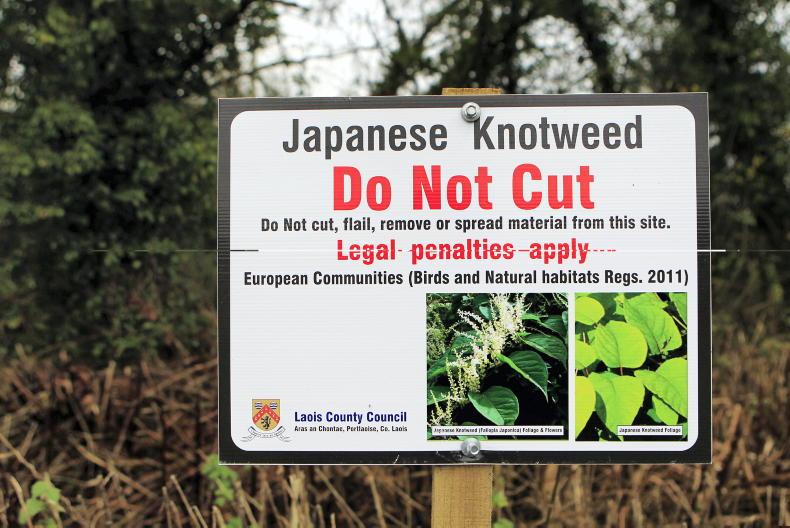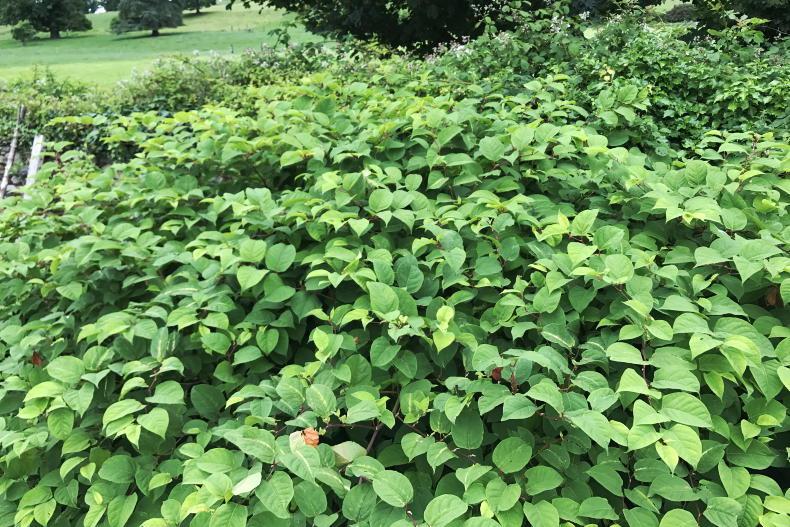Farmers around the Carndonagh area of Donegal have been called on to help tackle the invasive species Japanese knotweed, Himalayan balsam and winter heliotrope.
The Eco Carn Network, made up of community, business, statutory, education and local interest groups, has called on members of the public and in particular farmers to join them in fighting against invasive plants growing around the Carndonagh area in a more eco-friendly way.
Japanese knotweed, Himalayan balsam and winter heliotrope have been identified as the most problematic invasive species in Carndonagh, following a comprehensive audit by the network after its formation in 2019.
Last month, the Inishowen River’s Trust and Eco Carn ran a public workshop to share information on their plans with the wider public and held a 'balsam bashing' event, which concentrated on the Himalayan balsam along the Donagh River.
Next workshop
The next workshop, which will be held at the Inishowen Development Partnership office in Carndonagh on Wednesday 10 August, will focus on natural solutions for dealing with Japanese knotweed.
All interested members of the public are welcome, in particular landowners who may have invasive species on their land.
To book a place, farmers can email rachel@inishowen.ie or call 074-936 2218.
“We want to raise awareness of the issues with these species within the community, but also to provide training to the general public on how to monitor and manage the species in a natural way,” a spokesperson for the Eco Carn Network said.
Threats
Trish Murphy of the Inishowen River’s Trust outlined how these species, particularly Japanese knotweed and Himalayan balsam, are considered to be the greatest threats to our native biodiversity.
“Both species occur widely in the Carndonagh area, particularly on and close to waterways, which facilitates easy transfer of the plants,” she said.
A number of actions have already been delivered, with additional funding being secured from the Community Foundation of Ireland. However, the group plans to develop the plan even further by developing signage, information points and QR codes at key sites.
People who find invasives locally around Carndonagh are encouraged to submit the records online via the Inishowen Rivers Trust website.










SHARING OPTIONS